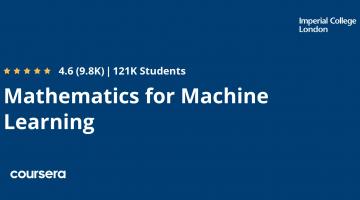Imperial College London (legally Imperial College of Science, Technology and Medicine) is a public research university located in London. In 1851, Prince Albert built his vision of an area for culture, including the Victoria and Albert Museum, Natural History Museum, Royal Colleges, Royal Albert Hall, and the Imperial Institute. In 1907, Imperial College was established by royal charter, merging the Royal College of Science, Royal School of Mines, and City and Guilds of London Institute. In 1988, the Imperial College School of Medicine was formed by combining with St Mary's Hospital Medical School. In 2004, Queen Elizabeth II opened the Imperial College Business School.
The main campus is located in South Kensington, with an innovation campus in White City. The college also has a research centre at Silwood Park, and teaching hospitals throughout London. The university focuses exclusively on science, engineering, medicine, and business. Imperial has an international community, with more than 59% of students from outside the UK and 140 countries represented on campus.
In 2019–20, Imperial is globally ranked 9th in the Times Higher Education World University Rankings, 9th in the QS World University Rankings, 24th in the Academic Ranking of World Universities, and 8th in Reuters The World's Most Innovative Universities. Student, staff, and researcher affiliations include 14 Nobel laureates, 3 Fields Medalists, 1 Turing Award winner, 74 Fellows of the Royal Society, 87 Fellows of the Royal Academy of Engineering, and 85 Fellows of the Academy of Medical Sciences.






